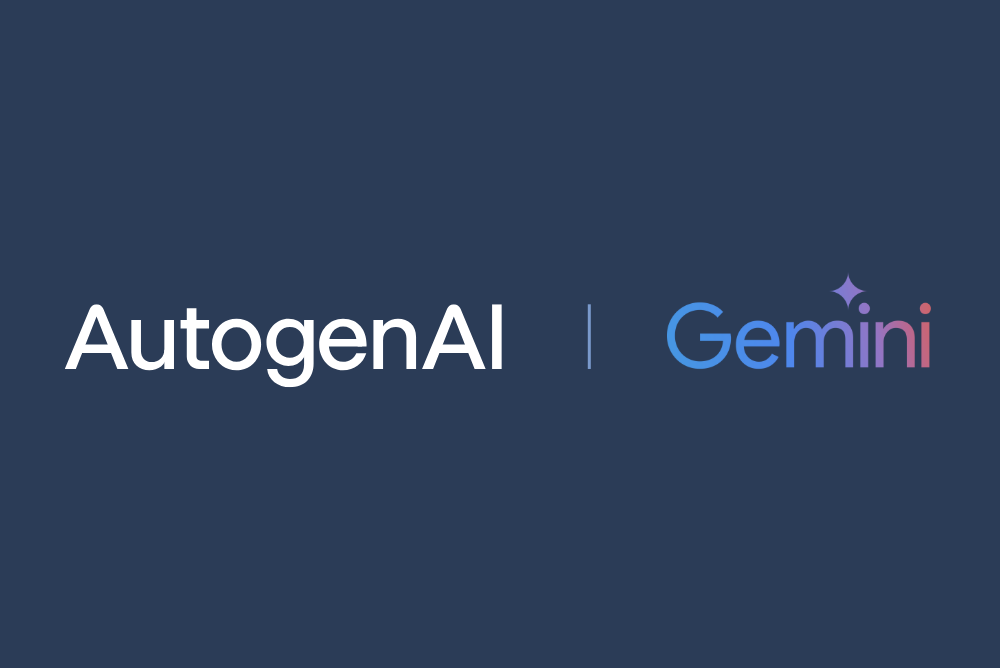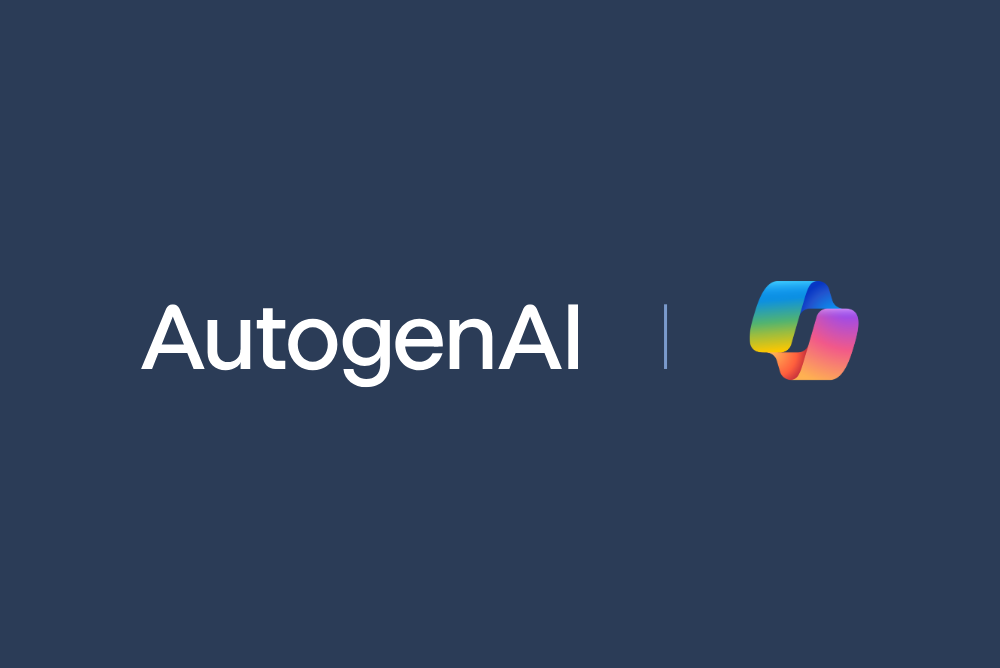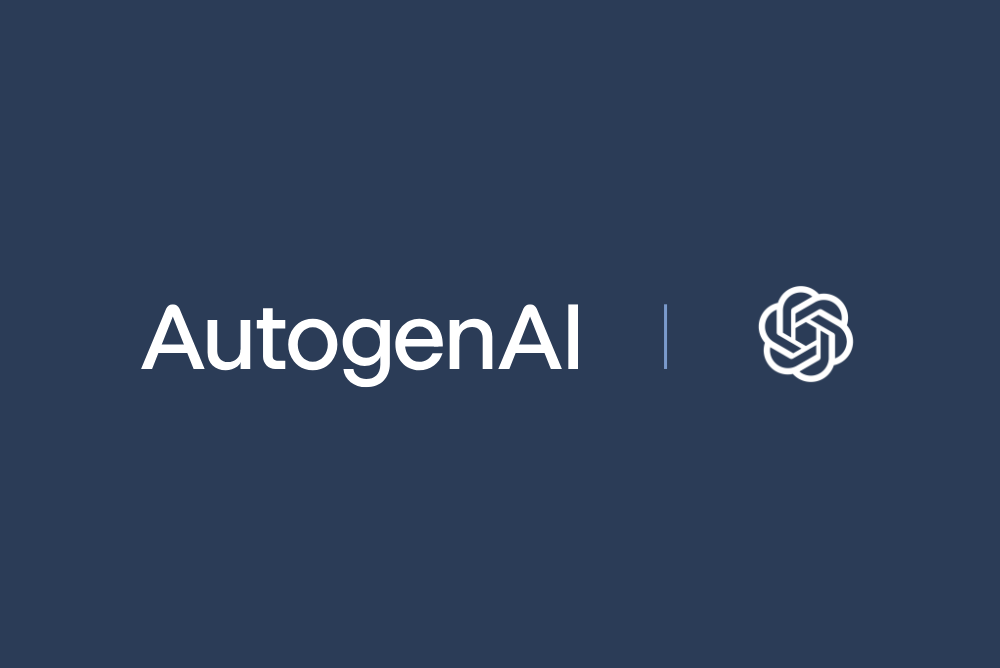The Future of The Proposal Writer

What’s Next for Proposal Writers? Navigating the AI-Powered Future
AI is changing how proposals are developed—streamlining routine tasks, unlocking new efficiencies, and shifting the role of the writer. This evolution isn’t about replacement; it’s about reinvention. Proposal writers now have the chance to upskill, move into more strategic work, and build broader, more impactful careers.
But what does that look like in practice? In this article, seasoned proposal writer Leonie Thomas explores the current role of writers, what’s driving change, how AI will reshape the day-to-day, and the skills and mindsets that will matter most in the years ahead.
What Is the Current Role of Proposal Writers?
I often hear other proposal writers talk about their work being like solving a puzzle under immense pressure and demanding timescales that won’t move. I think of it as being like completing a large painting, where I complete small parts, and eventually, they all join up. While the proposal writer role description will vary from organization to organization, common tasks include:
• Contributing to winning opportunities by developing robust responses that score highly and meet compliance requirements.
• Navigating and managing complex documentation, working alongside technical experts to communicate the solution.
• Consistently delivering within demanding time constraints and programs.
• Managing large amounts of data and information – proposal professionals are formidable information managers.
• Collaborating with a wide range of stakeholders and guiding them through a complex process that stakeholders are often not experienced at working with.
• Formatting and presenting information so that it looks appealing on the page and tells a coherent story.
What Are the Factors Driving Change?
The factors driving significant change within proposal writing include increasing complexity, incoming AI technology, evolving skillsets, changes in working models, rising numbers of freelance resource, and an increased awareness of wellbeing in the proposal space. These factors are changing how proposals are developed and there is a big opportunity for writers to shape how they work and the impact they have.
How Will AI Change Proposal Writing?
AI won’t just change proposal writing, but completely transform it by:
1. Streamlining repetitive tasks such as data entry, formatting, and initial drafting.
2. Enhanced data analysis, quickly providing insights to effectively tailor proposals to client needs.
3. Efficient information management, being able to draw and create base drafts from all sources of information within a business.
4. Content generation based on source information, such as previous proposals, authorized case studies, annual reports and marketing materials, embedding consistency in your content and compliance with RFP requirements.
5. Improved accuracy and efficiency that will speed up the review and proofreading process, enhancing overall quality and efficiency of proposal response development, review and sign-off.
How Will the Proposal Writer Role Change and Will They Still Be Relevant as a Cohort?
Many people have recently asked me whether I think the proposal writer role will be threatened by incoming AI technology. My response is a robust ‘no’, but I do think that the role will evolve quickly over the next few years. I’ve always felt that the term ‘proposal writer’ was a misnomer, and my prediction is that proposal writers will become known as adept communicators, facilitators and collaborators, not just people who can type quickly to get responses submitted.
This will mean that the role will evolve from a largely silent one spent writing for much of the day, to a role that will demand proposal writers to develop a range of high-value skills and make a much bigger strategic and creative impact on the responses they are working on. I believe the skills that will create the most value for proposal writers and teams in an AI-enabled world are people skills and the ability to collaborate, facilitate, and lead people through complex processes so that we constantly get the best out of technical contributors in an environment where they can feel uncomfortable.
What Are the Opportunities to Develop New Skills?
I’ve always believed that every day is a school day, and we should learn at least one new thing every day. Proposal writers need to find continuous professional development opportunities to stay ahead of changes and help shape the future. While strong writing ability will remain a non-negotiable, you won’t be solely judged on how well or quickly you can write, so you need to develop a wider arsenal of skills, particularly softer skills that enable you to maximize the quality and value of contributions from stakeholders.
What Are the Key Areas to Focus On as Proposal Writing Evolves?
- Master persuasive writing.
Strong writing skills are non-negotiable. You need to craft compelling, client-focused narratives and edit AI-generated content with a critical eye to ensure clarity, tone, and relevance.
- Build AI fluency.
Learn how to effectively use AI tools throughout the proposal process. Clients will increasingly look for proof of AI proficiency—think certifications or hands-on experience using AI to enhance response quality.
- Think critically and strategically.
While AI can take care of routine tasks, writers must assess whether content is accurate, relevant, and tailored. Use the time saved by AI to improve overall strategy and storytelling.
- Lead with a strategic mindset.
Set yourself apart by driving the proposal process—guiding stakeholders, shaping high-quality responses, and helping teams aim for the highest possible scores.
- Develop data literacy.
Understand and apply AI-generated insights to strengthen your win themes and response strategies. Data-driven storytelling is becoming a key differentiator.
- Rethink entry-level roles.
As AI takes over many foundational tasks, consider how we train and grow early-career professionals. Their development will need to focus on judgment, adaptability, and collaborative skills from day one.
Pathways to Develop Essential Skillsets:
- Join professional organizations.
Get involved with groups like the Association of Proposal Management Professionals (APMP) for resources, networking, and growth opportunities.
- Seek mentorship.
Connect with experienced proposal writers or industry professionals who can offer valuable guidance and insights based on their expertise.
- Commit to continuous learning.
Take courses on AI in proposal writing, data analysis, and advanced writing techniques. Stay ahead of the curve by keeping up with best practices and innovations.
- Attend workshops and webinars.
Learn from experts and stay updated on the latest trends, technologies, and strategies through hands-on events.
- Leverage online resources.
Use tutorials, webinars, and forums to sharpen your skills and network with other proposal writers.
- Engage with the AI in proposal writing community.
Connect with other proposal writers already using AI or exploring its potential. Follow thought leaders in the AI space to stay on top of new developments.
So, What’s Next for Proposal Writing?
AI, growing complexity, and a stronger focus on well-being are all reshaping the proposal writing space. And while change can be challenging, it also brings real opportunities—to build new skills, work more strategically, and have a greater impact. This is a chance for proposal writers to lead the way: developing strategic thinking, learning how to work effectively with AI, and using both to drive success.
Ready to future-proof your proposal process?
AutogenAI helps proposal writers lead the way by speeding up drafts, boosting collaboration, and ensuring compliance—elevating your role, not replacing it.
Write smarter, faster, and more strategically with AutogenAI. Explore AutogenAI


